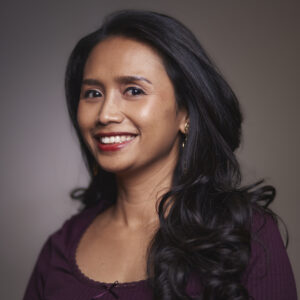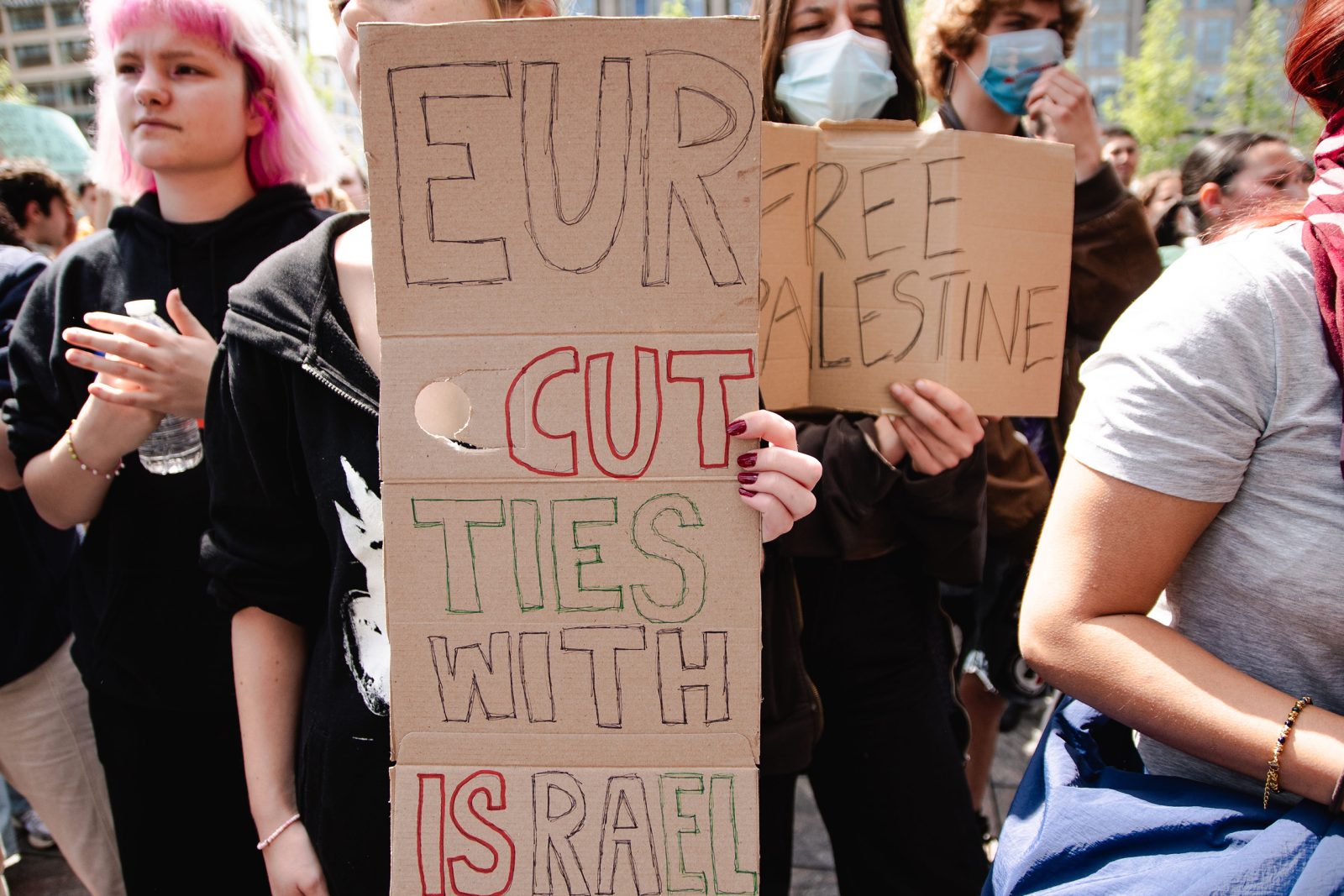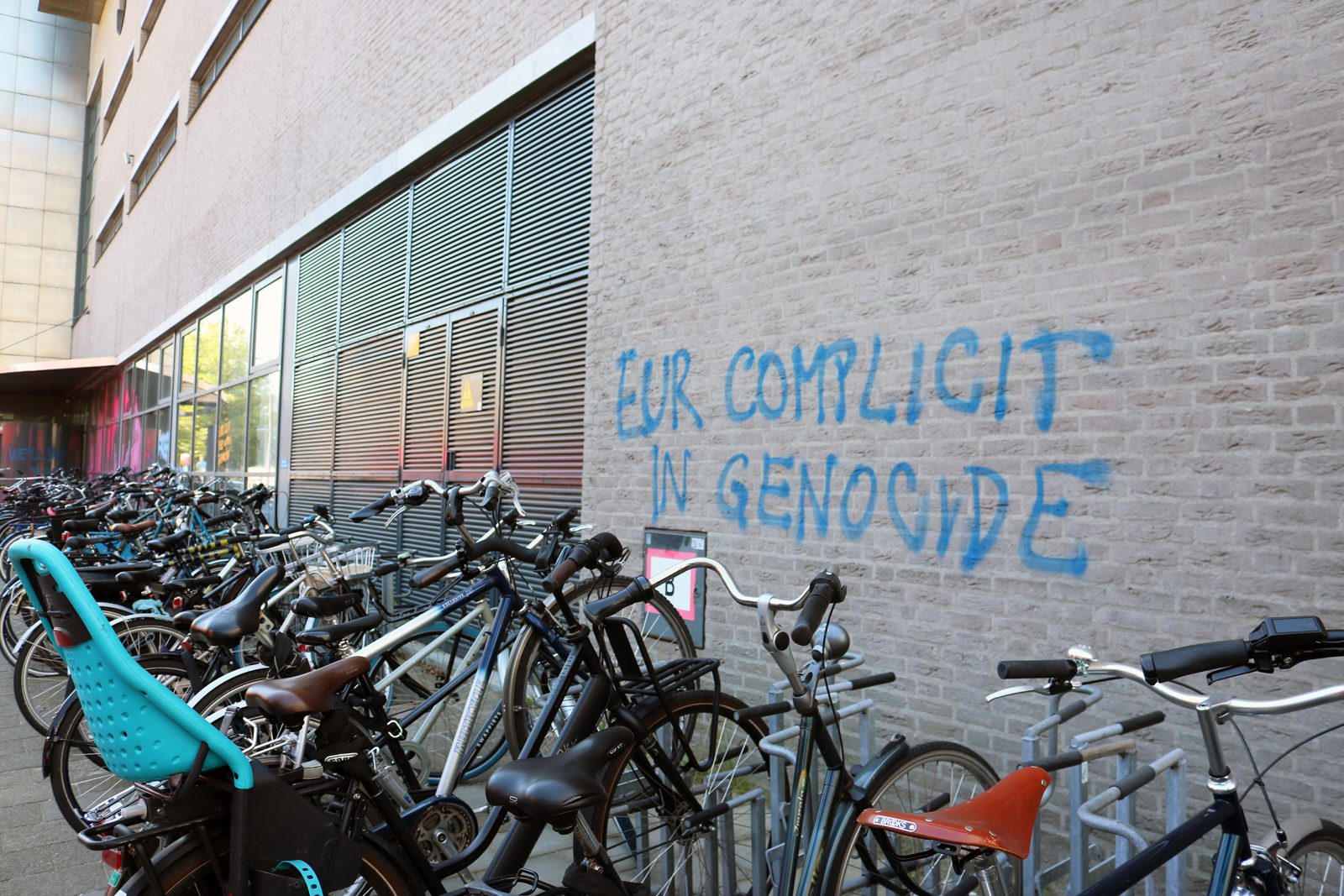Panel conversation on social safety: one third of the audience knows someone with a #metoo experience
Based on four sketches, Chief Diversity Officer Semiha Denktaş led a panel conversation on social safety at the Erasmus Pavilion on Thursday. “An open conversation: that’s what we need at the university.”
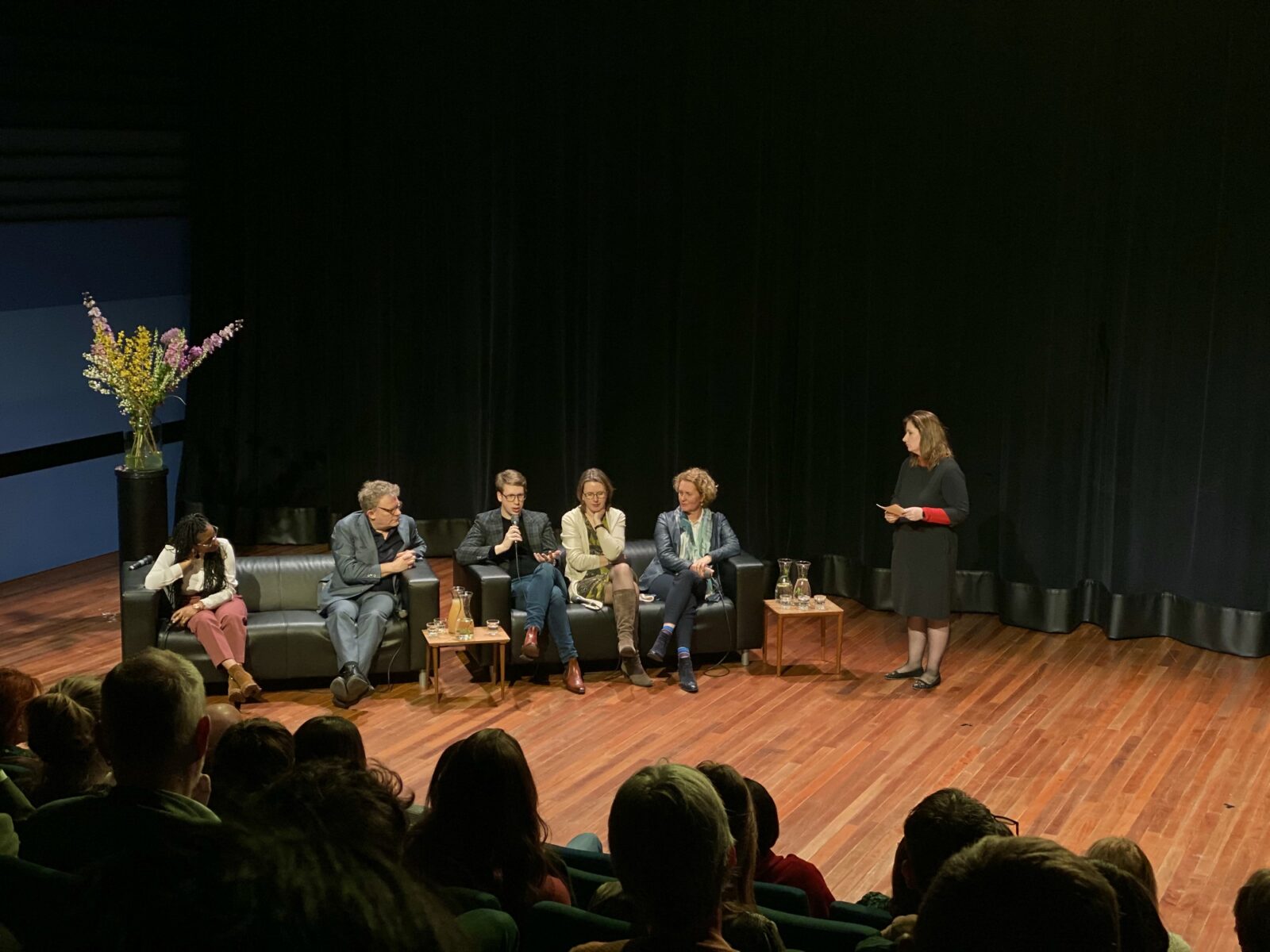
Image by: Milena Chopova
From the turnout at the ‘Conversation on Social Safety’ event at the Erasmus Pavilion, it was clear that social safety is a hot topic at EUR. Over two thirds of the chairs in the Pavilion’s theatre hall were occupied. The audience included confidential counsellors coordinator Martin Blok and ombudsperson Edith Weijnen. The panel on stage consisted of rector magnificus Rutger Engels, HR director Lieke Skidmore, University Council chair Hans van den Berg and Merel Dap from Erasmus School of Colour.
“The university believes it is very important to have an open conversation about this issue and create a safe atmosphere,” announced Manager Gwen de Bruin from the Diversity & Inclusion Office. “We don’t just want to concern ourselves with policy, we also want to offer people the opportunity to present their views and share their experiences.”
Recognisable
Moderator Semiha Denktaş kept up a brisk pace, almost immediately setting the actors from the Dutch Actors Society to work. They performed scenes which illustrated various examples of lack of social safety. In the first scene, we listened in on two employees gossiping about colleagues, whilst the second sketch focused on discriminatory statements made against minorities. There was also a scene about a professor who inadvertently went viral after his students decided that he was being racist. The final sketch, which evoked the most intense response from the audience, was about a PhD student who had to deal with transgressive behaviour by her supervisor.
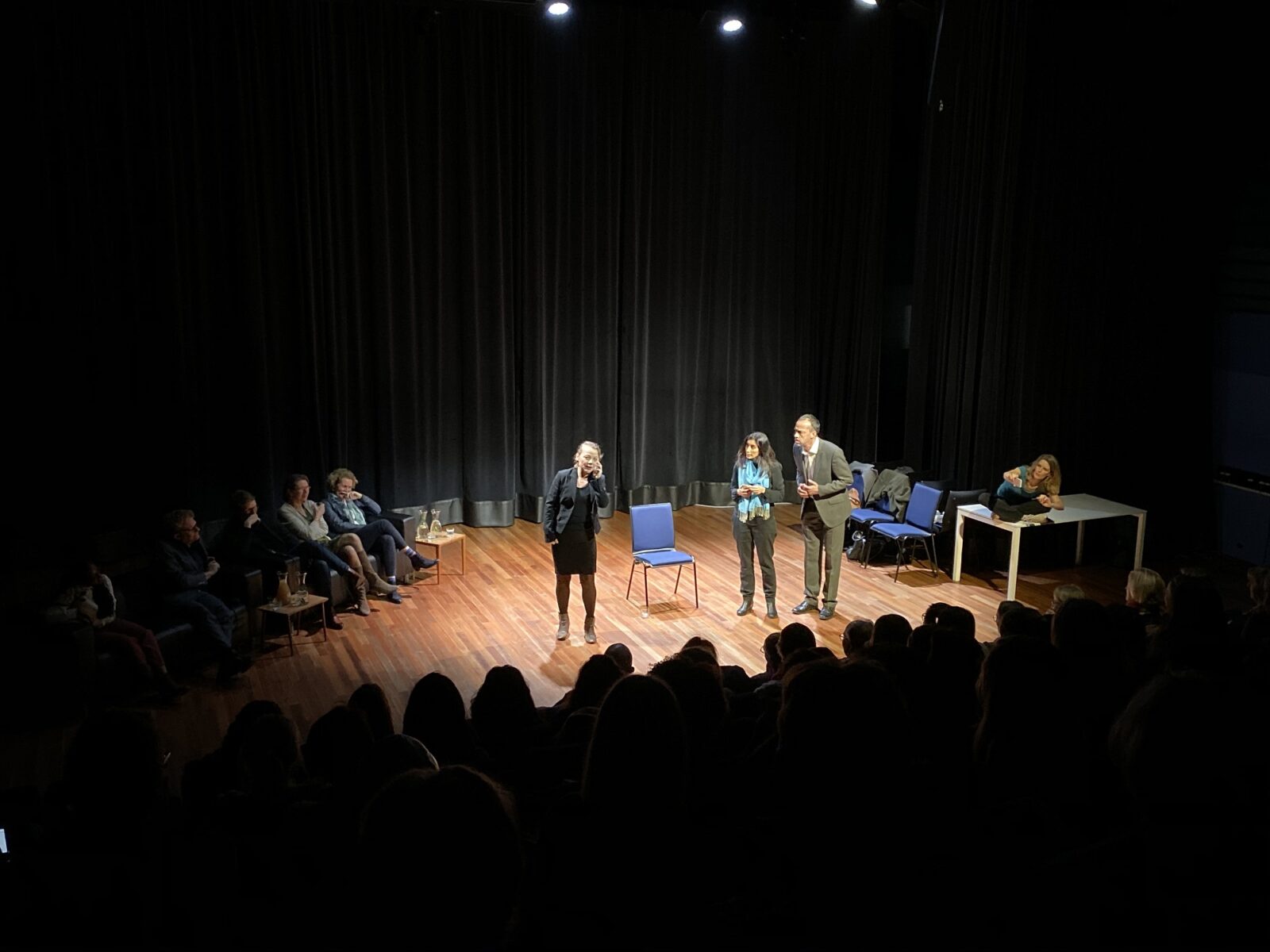
The audience was unanimous: these examples were very recognisable: “Take the second sketch,” said panel member Merel Dap from Erasmus School of Colour. The scene showed someone making offensive statements to the only person of colour in the room. “If I was that person, I’d keep quiet too. If you’re a person of colour, you spend your life resisting this kind of treatment. You don’t want to come across as the person who’s always complaining,” she continued. “What was even more painful to watch was that nobody in that scene actually said anything about that behaviour.”
Far from exaggerated
More about social safety
- These students want the diversity debate to be less <em>gezellig</em>
- Confidential advisers: ‘Please report harassment’
- New ombuds already handling dozens of cases
- #MeTooAcademia: ‘Sexual intimidation occurs at universities, as well’
“These scenes have been exaggerated for effect, right?” someone asked. The rest shook their heads. “This is very personal,” another responded. “But I wonder whether anyone in this room has had a #metoo experience or knows someone who did?” About one third of the audience raised a hand. “I don’t know what to say,” said a male audience member. “I’d never have thought it was such a big problem.”
The confidential counsellors coordinator Martin Blok and ombudsperson Edith Weijnen also confirmed that these sketches were ‘far from exaggerated’ and that they had experienced worse. Blok personally believes that cases relating to a lack of social safety and inappropriate behaviour are underreported. Blok: “Let me say it again: talk to other people about it, don’t brush it under the carpet. Feel free to contact us, because we’re here to help.”
Necessary
“We need these kinds of open conversations at the university,” said audience member Anna Uribe Sandoval from Erasmus School of History, Culture and Communication (ESHCC). “Social safety doesn’t just happen. It depends on the people and the surroundings. Social dynamics are constantly changing and you can’t always guarantee that everyone feels 100% safe all the time. But we can do our best to make our social environment safer.” Audience member Benyam Mekonnen added: “We all need to work together to create and safeguard social safety.”
De redactie
-
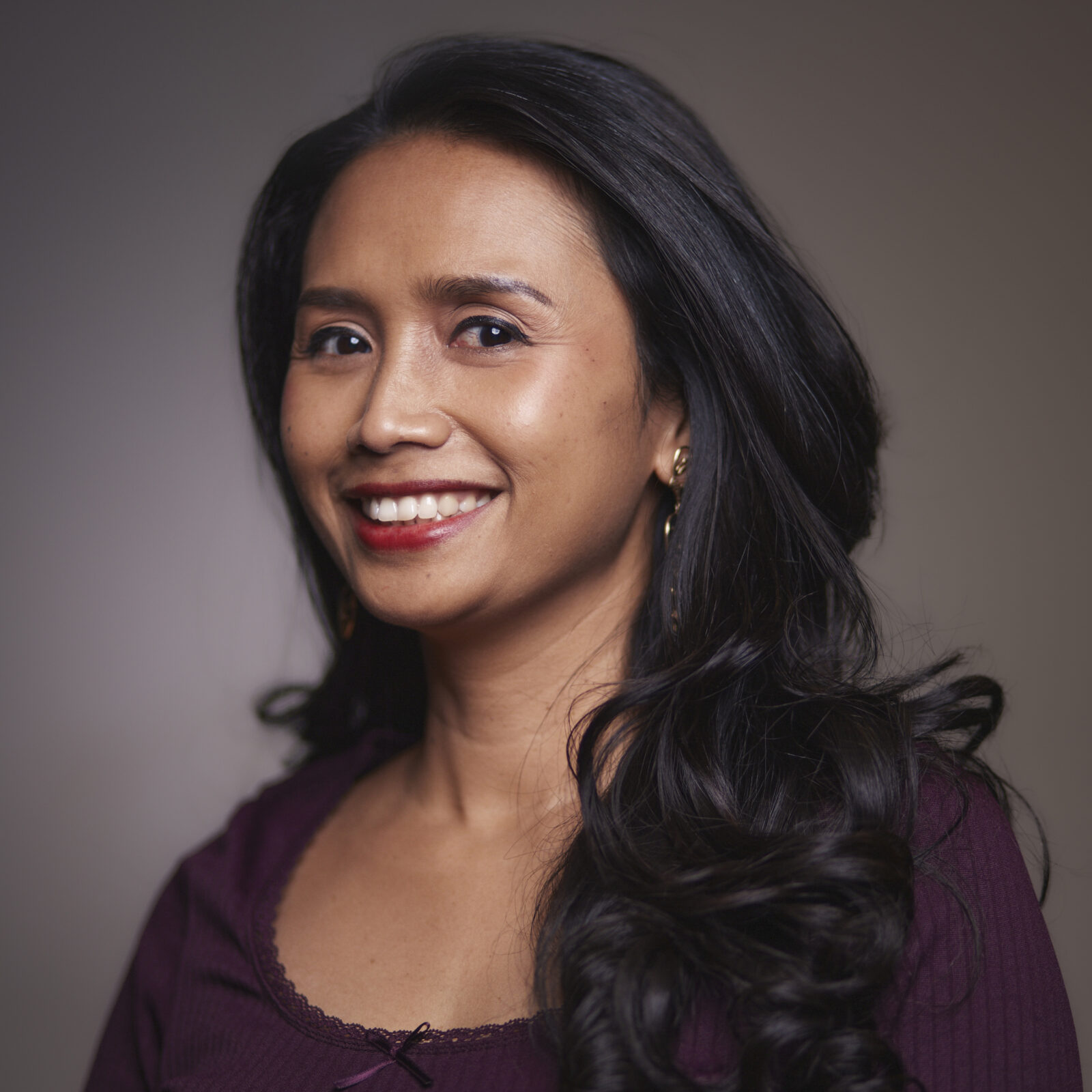 Feba Sukmana
Feba SukmanaEditor
Latest news
-
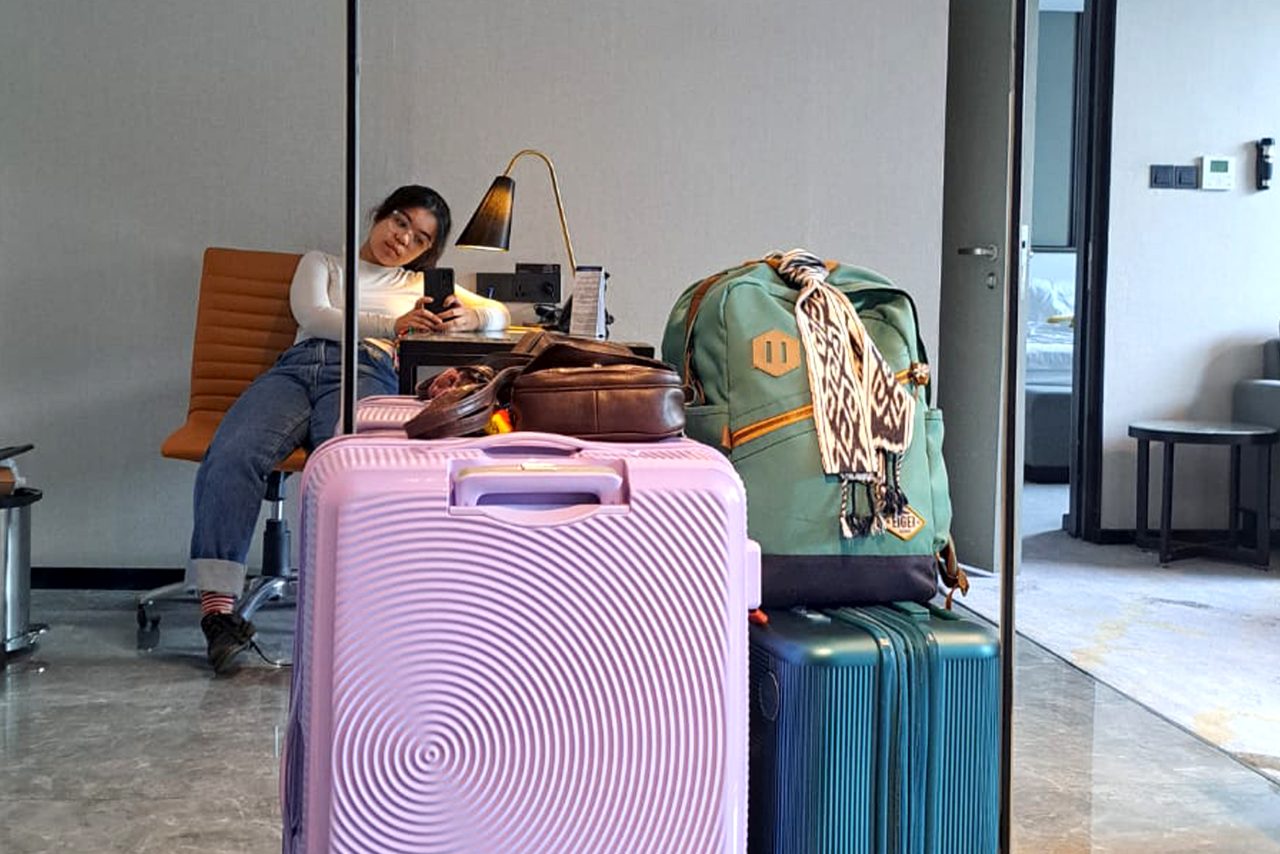
Stranded by the snow: ‘It took me 72 hours to travel from Jakarta to Rotterdam’
Gepubliceerd op:-
Student life
-
-
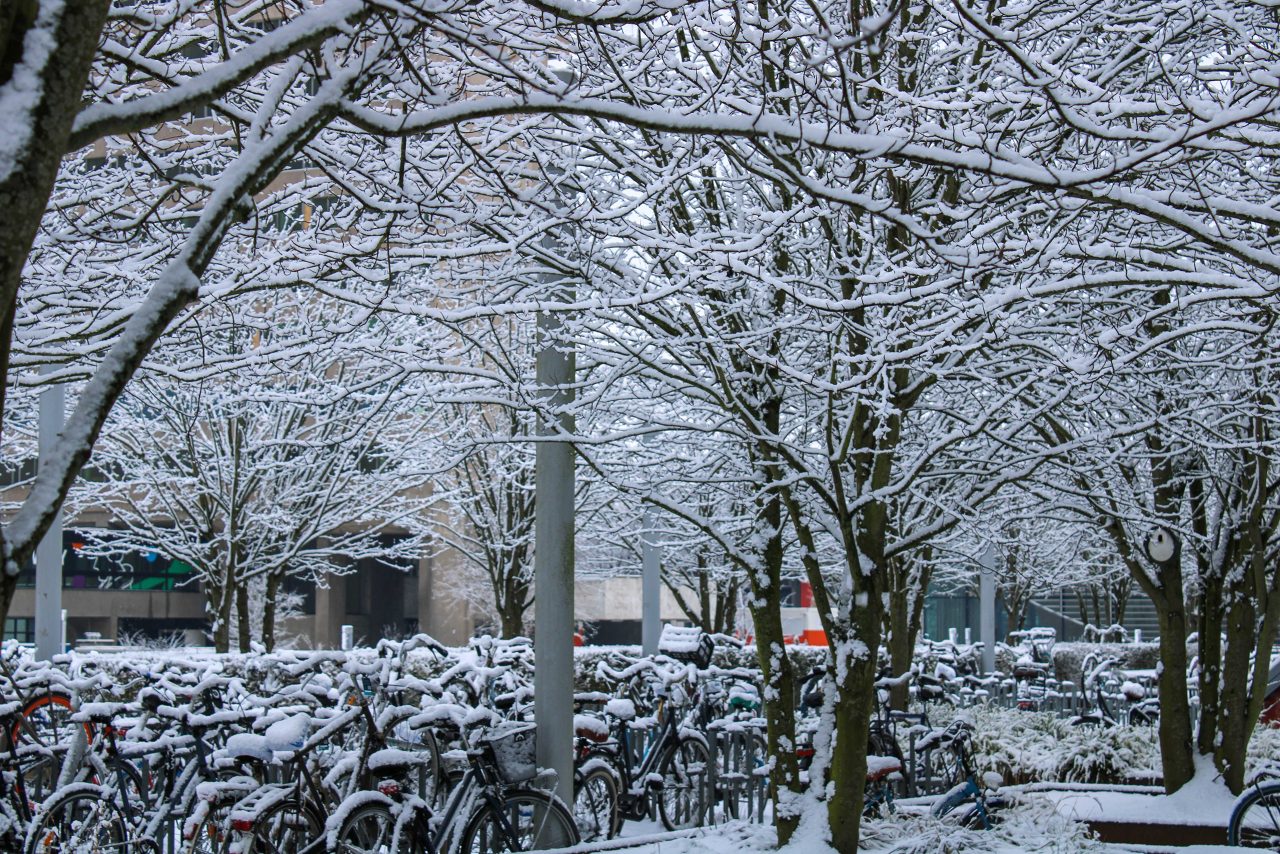
Exams cancelled due to snow, buildings remain open
Gepubliceerd op:-
Campus
-
-

Exams cancelled again on Wednesday, staff can work from home
Gepubliceerd op:-
Campus
-
Comments
Comments are closed.
Read more in safety
-
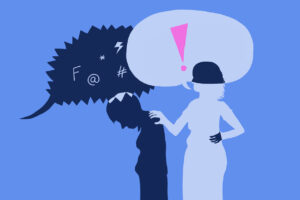
Joining the active bystander training: ‘Social safety is a long-term effort’
Gepubliceerd op:-
Safety
-
-

Executive Board adopts Israel advice and freezes collaborations immediately
Gepubliceerd op:-
Safety
-
-

New advice: minimise existing cooperation with three Israeli universities
Gepubliceerd op:-
Safety
-
